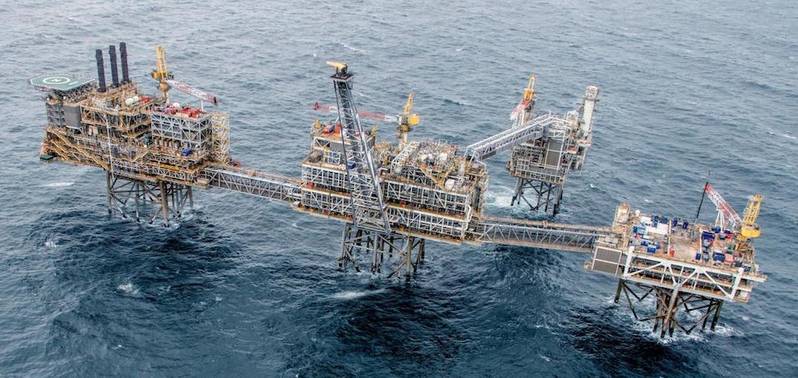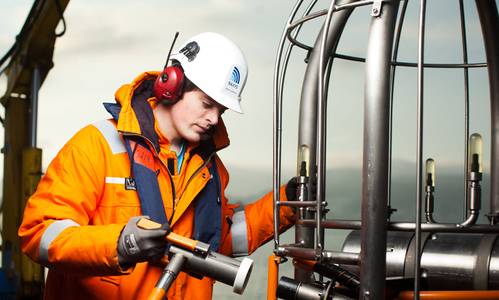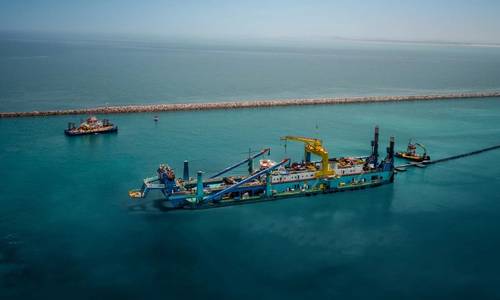UK Fines CNOOC $150K for Breach of Venting Consent at Buzzard Field
January 9, 2025

The North Sea Transition Authority (NSTA) has imposed a penalty of $154,000 on CNOOC Petroleum Europe for venting without consent at its Buzzard field, 60 miles north-east of Aberdeen, on two separate occasions in a two-week period.
On May 31, 2022, CNOOC detected a leak in the line which supplies fuel needed to keep the flame lit on Buzzard’s flare stack. CNOOC shut off the fuel line and began venting excess gas into the atmosphere unignited.
The company confirmed to the NSTA in June 1 that it had breached the annual consent for Buzzard, only to continue venting until a fault with a generator led to production operations shutting down on June 3.
Despite being fully aware that it did not have a valid consent for additional venting, CNOOC restarted production and export activities from Buzzard on June 9, then further venting took place due to a faulty valve on the fuel gas system, according to NSTA. CNOOC continued to produce, and therefore vent, through to June 13.
Between May 31 and June 13, CNOOC exceeded its annual venting limit for Buzzard by a total of 435.13 tonnes of gas, NSTA claims. A revised consent was granted on June 14, bringing Buzzard back in compliance for any further venting during the rest of 2022.
The company cooperated throughout the investigation and introduced measures to prevent recurrences, including improved monitoring and a new approach to consent applications. Previously, CNOOC had only requested consent to vent minimal volumes of gas, as venting was uncommon on Buzzard.
“North Sea operators have taken up the challenge of cutting flaring and venting, almost halving emissions from these processes since 2018. However, at a time when the industry is competing for investment, and its commitment to the energy transition is under intense scrutiny, it is vital that all operators remain vigilant on emissions,” said Jane de Lozey, NSTA Director of Regulation.
Flaring and venting make up about one-fifth of the UK oil and gas industry’s offshore production emissions. While some flaring and venting is unavoidable for safety and operational reasons, more must be done to reduce the amount of gas being emitted via these processes, NSTA said.
The NSTA has kept a sharp focus on this area. The OGA Plan for emissions reduction and tougher guidance published in 2021 require licensees to seek ways of shrinking their carbon footprints, including from flaring and venting.
It also recently wrote to operators to warn them that from January 1, 2025, $616,600 is the new starting point for considering fines relating to breaches of flaring and venting regulations.






